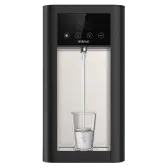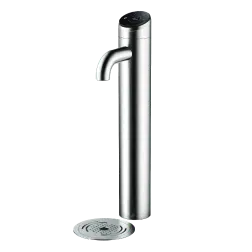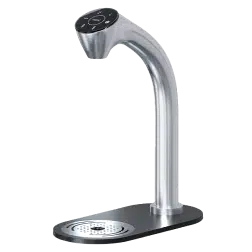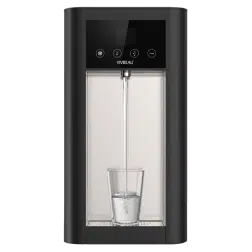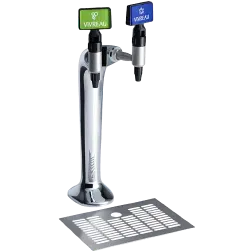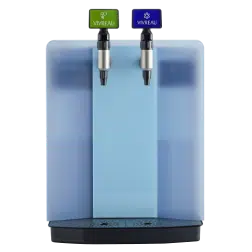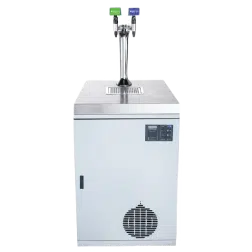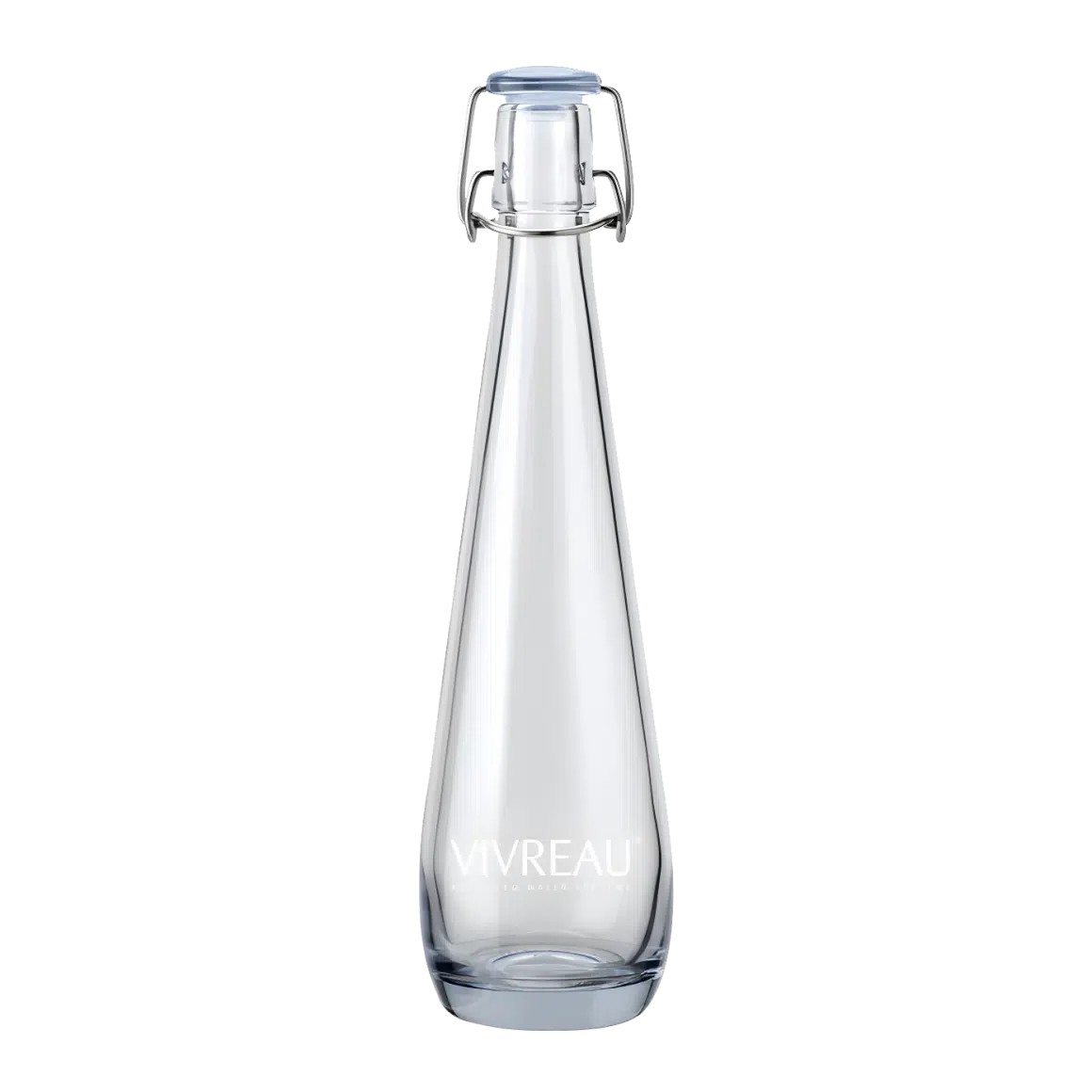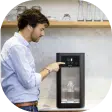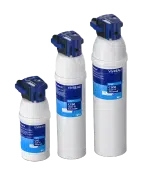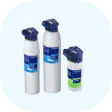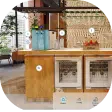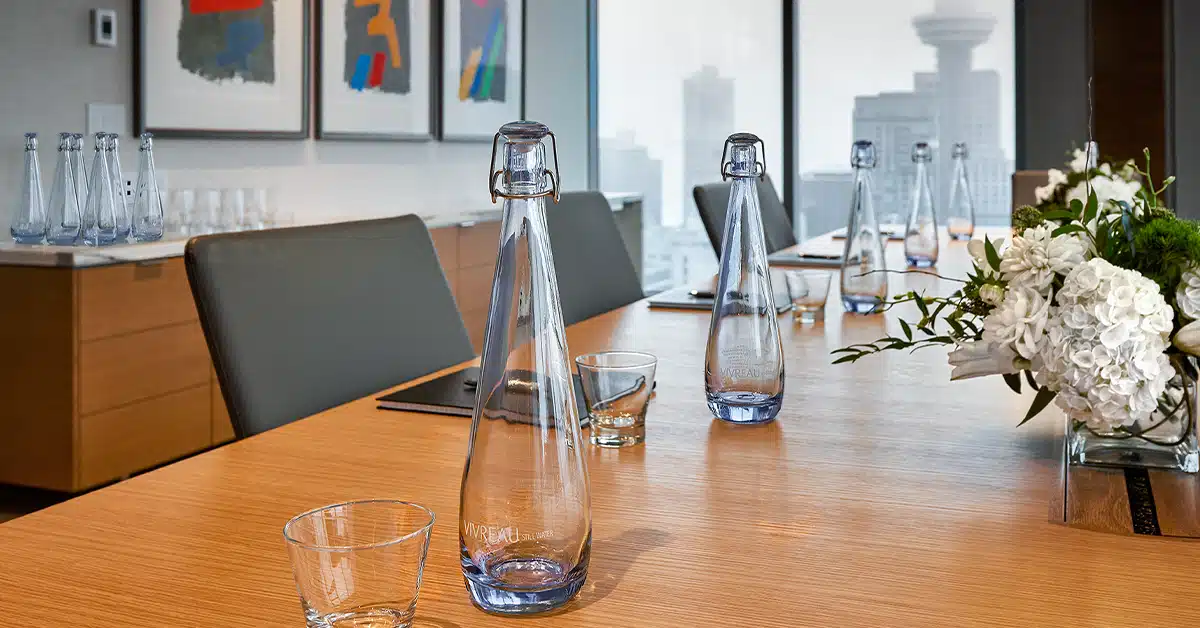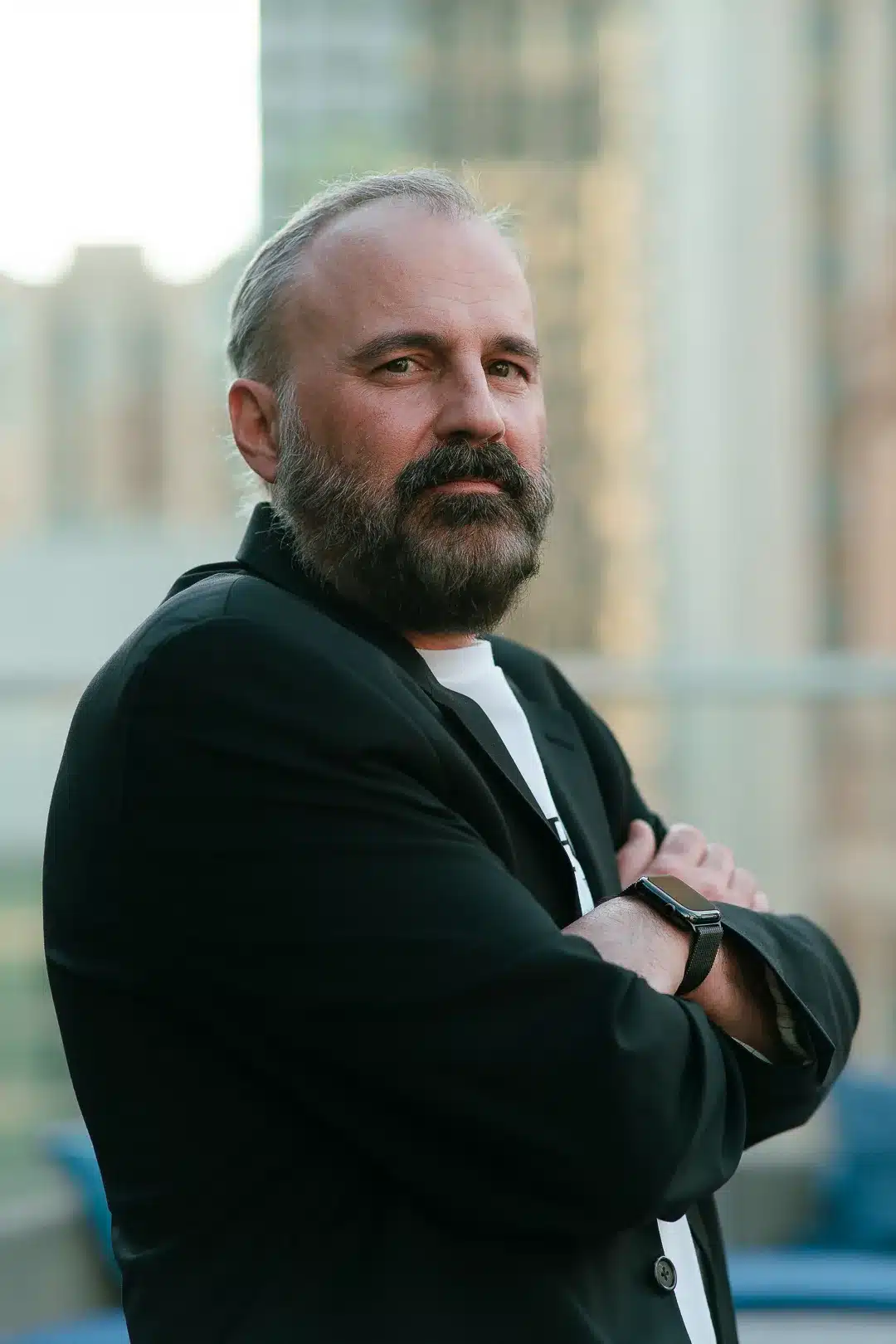Article originally published by Authority Magazine.
As a part of this series, we had the pleasure of interviewing Tom Spillane.
Tom Spillane is the Vice President of Technical Excellence at Vivreau, North America’s leading sustainable water solution. Previously serving as the Vice President of Operations, Spillane has been with Vivreau for over 15 years since the company’s launch in North America. He comes from a background in the foodservice industry and is a technical product expert with an acute knowledge of the beverage business. In his role at Vivreau USA and Vivreau Canada, Spillane works with both the R&D and quality departments, where he is devoted to solving issues and making systems better. He is deeply committed to helping companies seek sustainable solutions and eliminate plastic waste.
Thank you so much for doing this with us! Before we dive in, our readers would love to “get to know you” a bit better. Can you tell us a story about what brought you to this specific career path?
I joined Vivreau after a few colleagues were inspired by a European water solution and wanted to introduce a comparable system to North American customers. Noticing that bottles of water are often imported from out of the country sparked the question: “Why are we importing water when we have perfectly good water here?” This innovative solution filters, chills, and carbonates local water, elegantly served in a carafe resembling a traditional bottle. Intrigued by this concept, the company’s ethos became a novel water delivery system that reduces plastic waste and reliance on single-use bottles, and cuts down on the energy and pollution associated with transporting heavy water.
We were able to work out a deal to introduce Vivreau to the North American market. At that time, premium table water dispensing was entirely new here; nobody was doing anything like it. Initially, it was quite challenging because people are generally resistant to change. It wasn’t just about switching brands but altering their entire approach to how water is served and dispensed. Plus, we didn’t have the full product range at the start. We successfully expanded the company’s market presence in North America, initially demonstrating the value to the hospitality industry and offering them a sellable product with a focus on sustainability. Now, we provide sustainable hydration solutions to a wide range of organizations including educational institutions, senior living residences, sports training facilities, corporate offices and more, helping them reduce their carbon footprint.
What is the mission of your company? What problems are you aiming to solve?
Our core mission at Vivreau is to reduce the negative impacts that bottled water has on our environment and planet. Vivreau aims to eliminate the waste and pollution associated with plastic and glass bottles, as well as the energy and emissions involved in transporting heavy water. Beyond just offering something new and exciting, we want to ensure that we’re the catalyst for positive change. Many consumers still opt for plastic bottled water that has travelled from thousands of miles away rather than leveraging local sources, and landfills still see significant quantities of single-serve bottled product refuse. By championing sustainable solutions, we feel good about what we’re doing, knowing that we’re contributing to a healthier planet for future generations.
Can you tell our readers about the initiatives that you or your company are taking to address climate change or sustainability? Can you give an example for each?
Vivreau is deeply committed to addressing climate change and promoting sustainability through several key initiatives. First, we’re focused on the reduction of plastic waste and ocean pollution to build a sustainable future.
4ocean Partnership
A prime example is our partnership with 4ocean. For every dispenser we sell, 4ocean removes five
pounds of plastic from the oceans. We’ve also recently launched a ‘Double Your Impact’ initiative,
where we double the amount of plastic debris removed for each dispenser sold. This partnership
allows us to directly contribute to cleaner oceans and a healthier planet and reduce the environmental
footprint associated with pre-packaged water.
Our goal to eliminate plastic bottles is a guiding light of our business strategy. This year, we’ve set a clear target in our budget to see how many plastic bottles we can eliminate from the environment. This is a major focus for our company and emphasizes our commitment to sustainability. Our efforts go beyond just selling products and making a profit. We’re dedicated to ensuring that our actions have a positive impact on the environment which underscores everything we do, highlighting our commitment to sustainability and climate change mitigation.

How would you articulate how a business can become more profitable by being more sustainable and more environmentally conscious? Can you share a story or example?
At Vivreau, we have worked with restaurants to stop them from bringing in bottled water from outside sources. Instead, they use our bottling system to filter, chill, and carbonate local water, which they can still serve and charge customers for. This allows businesses to retain sales without the negative environmental impact. Some businesses choose to provide this water complimentary to enhance customer experience, while others sell it, maintaining a revenue stream. Our bottling system ensures that profitability and sustainability go hand in hand.
As a company, we prioritize sustainability in everything we do. When our dispensers reach the end of their lifecycle, we bring them back to our facility, responsibly remove the refrigeration gases, and strip them down to separate plastics and metals for recycling. We aim to recycle as much as possible. Even in our daily operations, we avoid using plastic coffee pods and opt for paper pods and whole-bean coffees instead. We also steer clear of plastic plates and utensils, choosing reusable options to minimize waste.
By practicing what we preach and actively reducing waste, we demonstrate that sustainability efforts can lead to cost savings and a positive reputation, ultimately driving profitability. This holistic approach not only helps the environment but also resonates with eco-conscious customers, further boosting business success.
World Bank Case Study Atlantis casino case study
The youth led climate strikes of September 2019 showed an impressive degree of activism and initiative by young people on behalf of climate change. This was great, and there is still plenty that needs to be done. In your opinion what are a few things parents should do to inspire the next generation to become engaged in sustainability and the environmental movement?
You have to practice what you preach. Times have evolved; nowadays, it’s common to see people with water bottles everywhere. The change should begin within our own households. If the younger generation doesn’t witness our actions, it becomes more challenging to instill those values in them.
Teach children about recycling, waste reduction, and composting from a young age to prevent them from developing detrimental habits in the future. Opting for a filtered pitcher at home and always having your kids leave the house with a reusable bottle is a wiser choice compared to buying bottled water.
Education plays a crucial role in shaping our attitudes towards the environment. Today, there is a greater emphasis on environmental awareness compared to when I was in school. Back then, we didn’t use plastic water bottles as they do now.
Even by installing water dispensers in schools, students gain easy access to clean drinking water, eliminating the need for plastic bottles on campus and empowering younger generations for success. Continue evolving and growing your perspective on environmental awareness and sustainable practices.
Lastest Posts



